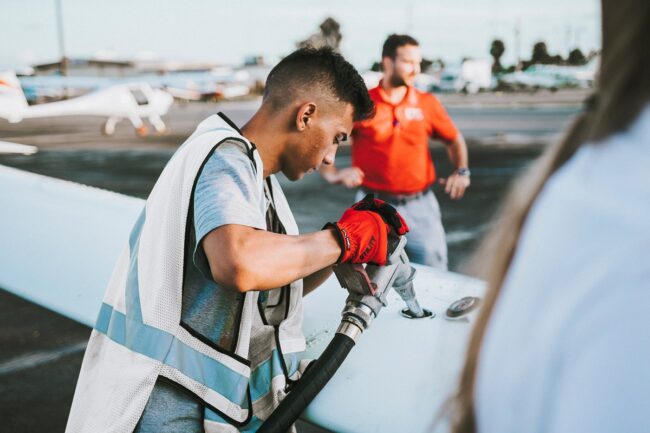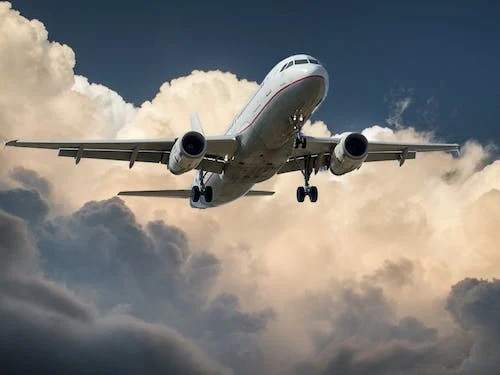The U.S. Energy Department issued a plan to implement the government strategy for boosting the production and use of green airplane fuel, or SAF (sustainable aviation fuel).
Exactly twelve months ago, the administration of U.S. president Joseph Biden announced that the government intends to provide a minimum of 3 billion gallons of SAF annually by 2030. Also, the plan is for the government to cover overall U.S. air companies’ demand for green aviation fuel by 2050. Calculations were that needs of SAF per year in the U.S. are around 35 billion gallons.
The administration aims to reduce at least 50% of greenhouse gas (GHG) emissions by using SAF instead of kerosene. Airline operators agreed to work with the government to meet this goal.
Partnership for SAF promotion
Many airlines that make significant air traffic, such as Delta Air Lines and Southwest Airlines are willing to replace 10% of kerosene fuel with SAF by 2030. But they stress that mutual cooperation between companies, government, and fuel suppliers is necessary.

They agree that SAF is crucial for decarbonizing the aviation sector. Though they say the partnership is the only way for sustainable aviation fuel to become economical and available as kerosene.
The U.S. government agrees that switching conventional fuel for SAF demands expanding the supply, and reducing the cost of the eco fuel to be financially acceptable for the air companies.
Thus, Biden’s administration committed to issuing a plan to help American companies. And the companies will assist in the development of the new industry of SAF and its expansion. Working together, the government and companies will reduce pollution and improve sustainability.
Given the short time to meet the 2030 goal, the U.S. Energy Department said an immediate focus on converting technologies and raw materials for fuel production is needed.
State subventions for SAF production
President Joe Biden signed the law last month, enabling two-year blender tax credit. The law also provides a subsequent three-year production tax credit and a $290 million SAF grant program.
The blenders tax credit contained in the Sustainable Skies Act starts at $1.50 per gallon. It will be available to blenders of SAF that can demonstrate 50 percent or more greenhouse gas emissions reductions compared to standard jet fuel.
Air transportation generates approximately 2% of U.S. carbon dioxide emissions. Also, U.S. aviation consumes around 10% of overall U.S. transportation energy.

